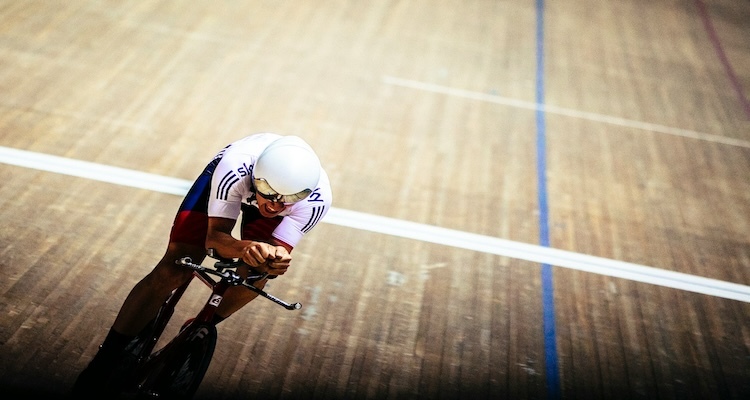
Professional athletes often face intense pressures and unexpected setbacks. The way they recover and push through these challenges is nothing short of inspiring. At the core of their successful recoveries are mental toughness and resilience. Whether they are dealing with a serious injury or a disappointing performance, athletes often rely on a combination of psychological tools and strong support systems to get back on track. For instance, when facing long odds in a football game mental strategies can play a crucial role in their journey to recovering mental equilibrium and reaching peak performance to make the best attempt at victory that they can.
Many people wonder how professional athletes manage to bounce back after a major setback. The answer often lies in their mental toughness. This trait is not just about being physically strong; it's about having the mental fortitude to push through pain and disappointment. Athletes train their minds as rigorously as their bodies. They use techniques such as visualization and positive self-talk to stay focused and motivated. For example, when an athlete faces an injury that could sideline them for months, they focus on the recovery process and visualize themselves returning to their peak performance. This mental preparation helps them maintain a positive attitude and remain committed to their goals.
Elite athletes provide valuable lessons in resilience that can be applied to various aspects of life. One of the key lessons is the importance of setting realistic goals and celebrating small victories along the way. Athletes who have done this are often considered to be more elite than their fellows and if we look at the current odds Champions League we will see that there are a number of Athletes who have faced adversity many times and triumphed over it. When athletes face setbacks, they break down their recovery into manageable steps, allowing them to see progress and stay motivated. Another lesson is the power of perseverance. Many athletes have stories of overcoming seemingly insurmountable challenges through sheer determination. These stories serve as a reminder that resilience is about continuously moving forward, even when the path is difficult.
Mental strategies play a significant role in helping athletes build resilience. Techniques such as mindfulness, meditation and breathing exercises can help athletes stay grounded and manage stress. Mindfulness, in particular, allows athletes to stay present and focused, preventing them from being overwhelmed by negative thoughts. Meditation helps in calming the mind and improving concentration, while breathing exercises can reduce anxiety and improve overall mental well-being. By incorporating these strategies into their daily routines, athletes can build a strong mental foundation that supports their physical training and recovery.
Athletes often use a variety of psychological tools to aid in their recovery process. One such tool is cognitive-behavioral therapy (CBT), which helps athletes change negative thought patterns and develop healthier ways of thinking. CBT can be particularly effective in addressing issues such as performance anxiety and fear of re-injury. Another tool is goal-setting, which helps athletes stay focused on their recovery objectives and track their progress. Additionally, sports psychologists often work with athletes to develop personalized mental training programs that address their specific needs and challenges. These programs can include techniques such as visualization, relaxation training and mental rehearsal.
A strong support system is crucial for an athlete's resilience. Family, friends, coaches and teammates all play a vital role in providing emotional support and encouragement. Support systems can help athletes stay motivated and maintain a positive outlook during tough times. Coaches, in particular, can provide valuable guidance and mentorship, helping athletes navigate the challenges they face. Teammates can offer camaraderie and understanding, as they often share similar experiences and challenges. By surrounding themselves with supportive individuals, athletes can create an environment that fosters resilience and helps them stay on track with their recovery and performance goals.
Resilience is not just about recovering from setbacks; it's also about maintaining peak performance. Athletes use various techniques to build and sustain their resilience. One such technique is maintaining a balanced lifestyle that includes proper nutrition, rest and recovery. This holistic approach ensures that athletes are physically and mentally prepared to perform at their best. Another technique is continuous learning and adaptation. Athletes are always looking for ways to improve and stay ahead of the competition. This mindset of growth and development helps them stay resilient in the face of challenges. By incorporating these techniques into their training and daily routines, athletes can build the resilience needed to achieve and sustain peak performance.
In conclusion, the resilience displayed by professional athletes is a testament to their mental toughness and the power of their support systems. By using mental strategies, psychological tools and resilience techniques, athletes can recover from setbacks and continue to perform at their best. These lessons in resilience can be applied to various aspects of life, reminding us all of the importance of perseverance, mental strength and the support of those around us.
This is a Sponsored Post
